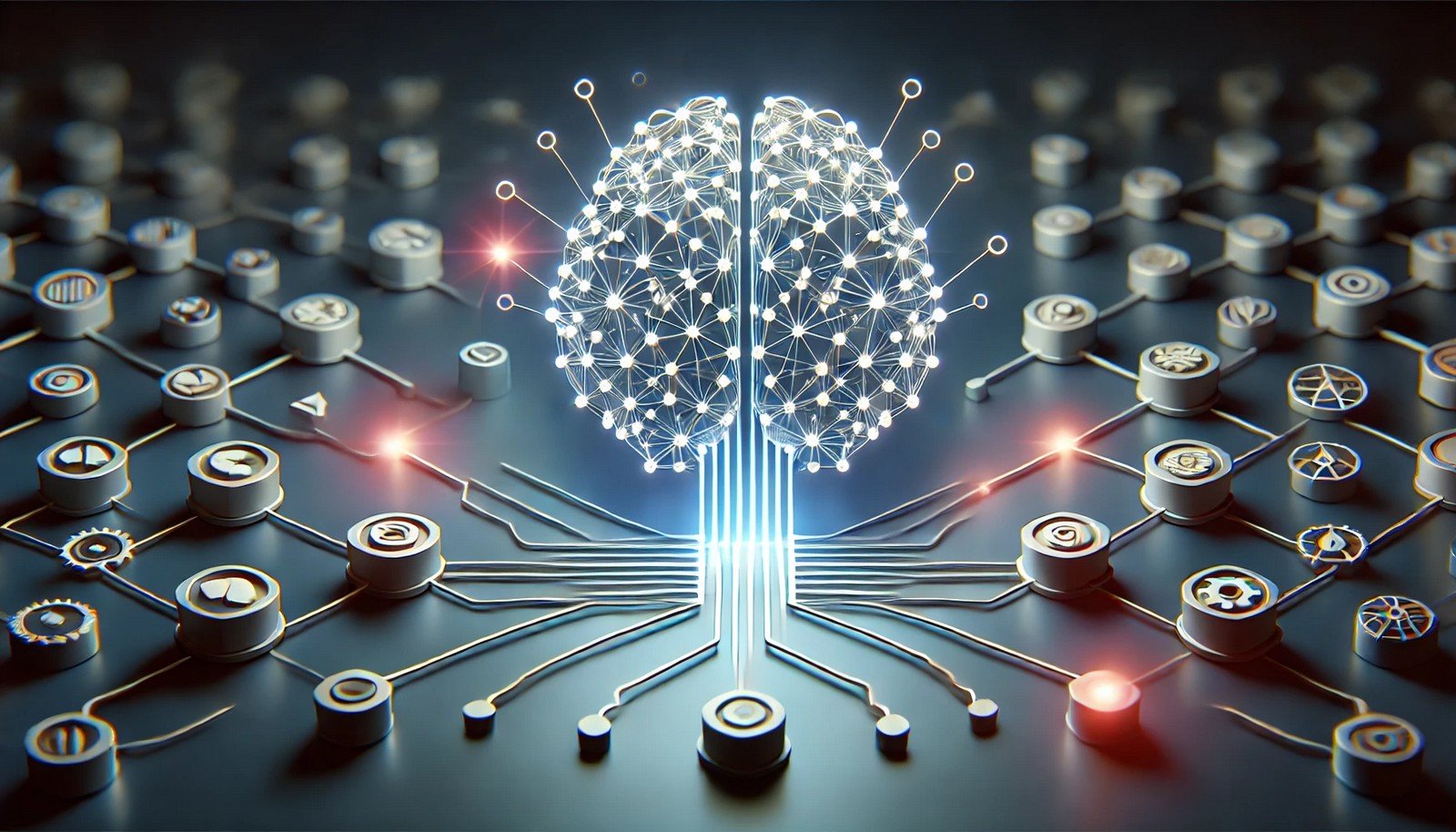Knowledge Extraction

Quick Navigation:
- Knowledge Extraction Definition
- Knowledge Extraction Explained Easy
- Knowledge Extraction Origin
- Knowledge Extraction Etymology
- Knowledge Extraction Usage Trends
- Knowledge Extraction Usage
- Knowledge Extraction Examples in Context
- Knowledge Extraction FAQ
- Knowledge Extraction Related Words
Knowledge Extraction Definition
Knowledge Extraction is the process of identifying, structuring, and retrieving relevant information from massive datasets. It’s integral to AI and data science, enabling systems to understand and utilize data meaningfully. This process involves techniques like natural language processing (NLP), data mining, and machine learning to analyze unstructured data and convert it into actionable insights.
Knowledge Extraction Explained Easy
Imagine having a huge stack of books, and you need to find the important parts quickly. Knowledge Extraction is like a super-fast helper that finds those parts for you, making it easier to get the answers you need.
Knowledge Extraction Origin
Knowledge Extraction emerged from advancements in artificial intelligence, data science, and information retrieval fields, with growth alongside NLP and machine learning technologies.
Knowledge Extraction Etymology
The term "Knowledge Extraction" reflects the process of "extracting" essential information from raw data, transforming it into structured, useful knowledge.
Knowledge Extraction Usage Trends
Knowledge Extraction is increasingly adopted across sectors, from business intelligence to healthcare, where it accelerates data processing, aids decision-making, and enhances automation. The rising availability of big data and AI tools has amplified its role in knowledge-driven fields.
Knowledge Extraction Usage
- Formal/Technical Tagging:
- Information Retrieval
- Data Science
- Machine Learning
- Knowledge Management - Typical Collocations:
- "knowledge extraction process"
- "automated knowledge extraction"
- "knowledge extraction systems"
- "extracting insights from data"
Knowledge Extraction Examples in Context
- Knowledge Extraction techniques are used in customer service to analyze feedback and identify common issues.
- In healthcare, knowledge extraction helps in processing patient data to find significant health trends.
- Businesses apply knowledge extraction for competitor analysis by extracting data from market reports and news.
Knowledge Extraction FAQ
- What is Knowledge Extraction?
Knowledge Extraction is a process where AI systems retrieve useful information from large datasets. - Why is Knowledge Extraction important in AI?
It helps AI understand and process data to generate meaningful insights and decisions. - How is Knowledge Extraction different from data mining?
Data mining finds patterns in data, while Knowledge Extraction retrieves specific, relevant information. - What techniques are used in Knowledge Extraction?
NLP, data mining, and machine learning algorithms are commonly used. - Can Knowledge Extraction work with unstructured data?
Yes, it’s especially useful for analyzing and structuring unstructured data like text. - Is Knowledge Extraction used in search engines?
Yes, it powers search engines by retrieving relevant information for queries. - How does Knowledge Extraction support business intelligence?
It helps extract valuable insights from reports, market data, and customer feedback. - What role does NLP play in Knowledge Extraction?
NLP processes human language, making it crucial for analyzing text data in Knowledge Extraction. - Can Knowledge Extraction be automated?
Yes, automated tools can perform Knowledge Extraction on large datasets efficiently. - Is Knowledge Extraction used in machine learning?
Yes, it provides structured data for training machine learning models.
Knowledge Extraction Related Words
- Categories/Topics:
- Data Science
- Artificial Intelligence
- Information Retrieval
- Natural Language Processing
Did you know?
Knowledge Extraction was pivotal in the development of question-answering systems, where it helps quickly retrieve answers from large databases, enabling chatbots and virtual assistants to respond in real-time.
PicDictionary.com is an online dictionary in pictures. If you have questions or suggestions, please reach out to us on WhatsApp or Twitter.Authors | Arjun Vishnu | @ArjunAndVishnu

I am Vishnu. I like AI, Linux, Single Board Computers, and Cloud Computing. I create the web & video content, and I also write for popular websites.
My younger brother, Arjun handles image & video editing. Together, we run a YouTube Channel that's focused on reviewing gadgets and explaining technology.



Comments powered by CComment